Online Professional Writing Courses
Curriculum Details
41 credit hours required in the major
The online professional writing courses in the Bachelor of Arts in Professional Writing and Communication program feature a balance of topics in writing, rhetoric, communication, and the liberal arts. This broad-based approach to the curriculum means you’ll build expertise across disciplines, learning to write and communicate in a variety of contexts and environments.
An optional internship course is also available for those interested in gaining real-world field experience while earning their degree. Most students complete the online bachelor’s degree in professional writing and communication in two to four years.
Written Communication Core
Credits
This course is an introductory level course for students interested in journalism. The course introduces students to markets, styles, and audiences for non-fiction writing, focusing on writing of articles for all print journalism.
The course may be repeated once for credit.
This course is designed to introduce students interested in majoring in Professional Writing and Communication to this field of study. Topics covered in the course include: defining professional writing and its career paths, exploring trends and scholarship in professional writing, creating and keeping a professional writing portfolio, and planning a career path in professional writing.
This course is open to any students who have an interest in professional writing and is a required course for all Professional Writing and Communication majors.
The analysis, interpretation, presentation, and effective writing of letters, memos, reports, and other types of business documents.
This course introduces students to the field of technical communication and some of its underlying principles (audience analysis, ethics, and document design.) Students will produce and workshop a variety of practical documents, including a resume and cover letter, a summary of a scholarly article, a set of instructions, a Web site, a proposal, and a report.
Written Communication Core (Select 6 credits of the following)
Credits
A course designed to emphasize how public relations and other media professionals gather, produce, and distribute material in a modern society. This course acquaints students with both why and how to write for a variety of contexts such as new media, social media and public relations.
This course is for all students who are interested in writing literary non-fiction. Assigned readings and students written work will form the basis of this writing workshop.
The course may be repeated up to a maximum of 8 credits.
In this class students will be introduced to basic composition, conferencing, and tutoring theory and methods. Students will learn writing process theory, identification and prioritization of writing concerns, how to adapt to different writers needs, and basic conferencing communication skills.
Students in this class will tutor in the Writing Center as part of their course requirements.
The primary purpose of this course is to provide students with theoretical knowledge about how to teach writing. Students will read a variety of materials regarding composition theory and pedagogy, with the goal of developing their own philosophy about the teaching of writing. As a means of helping them to develop this philosophy, and in order for them to develop greater awareness and understanding of the writing process, students in this course will also be required to tutor in the Writing Center for course credit.
This course is the capstone course for Communication Arts and Literature/Secondary Education majors.
The internship is designed for students who wish to do internships in writing-related fields such as publishing, journalism, professional writing, or other areas as approved by the department.
Oral Communication Core (Select 6 credits of the following)
Credits
The logical and psychological theories of persuasion present in everyday communication. The course emphasizes the analysis and application of persuasive strategies. Active and critical listening are integral components of the course.
This course examines the principles and practices of argumentation, public advocacy, and academic debate.
Provides the basics of media production for learning and training. Students will learn how to utilize technologies such as video, still images, animation, and graphics in business and educational contexts.
This course is designed for professionals in the fields of education, corporate training, and management.
Visual Communication Core (Select 6 credits of the following)
Credits
Intended as an introduction to typography, this course studies the fundamentals and development of typographic forms and principles of practical type selection and control. The course touches on history of type as well as current technology as it relates to type. Type design, classification, selection, and control techniques are studied in a hands-on environment that puts considerable emphasis on aesthetic considerations.
It is recommended, but not required, that student take ART 240 prior to this course.
Professional Expertise Area: History and Theory
Credits
In this course students will develop and revise a portfolio of professional works. Students will learn about the history and dynamic nature of the professional writing field by exploring its ethical and social dimensions as well as synthesizing what has been learned in past classes about written, oral, and visual communication elements.
This course is the capstone course for Professional Writing and Communication majors.
Request More Information
Complete this form to receive information about coursework, admissions, tuition, and more.
